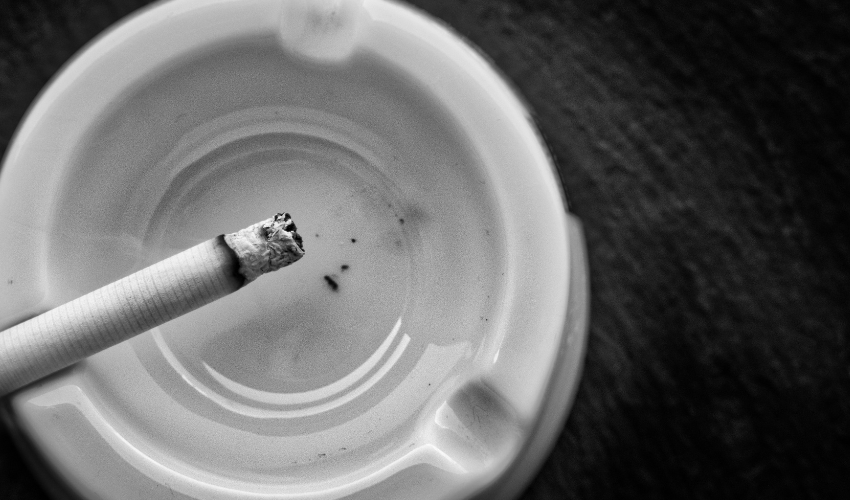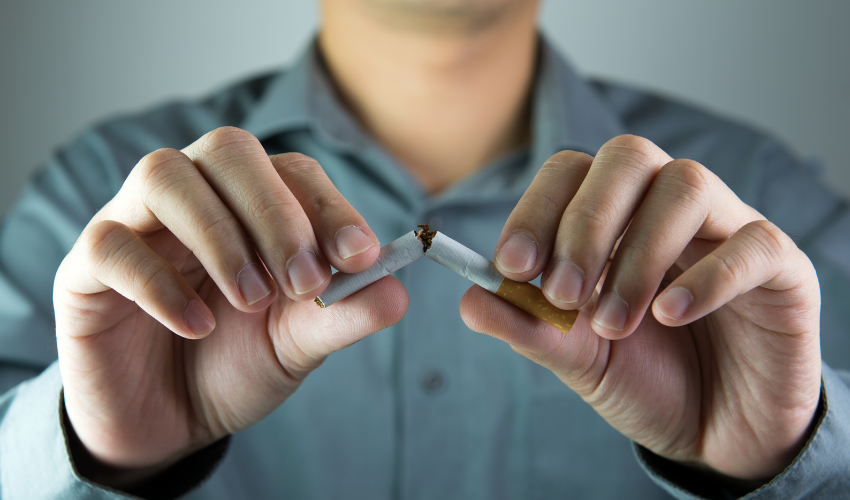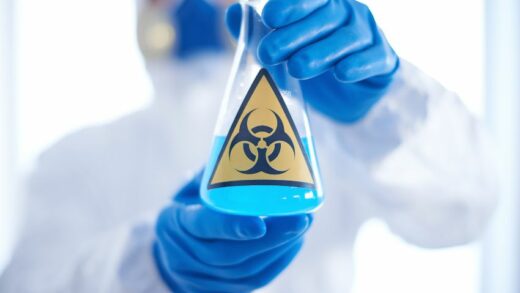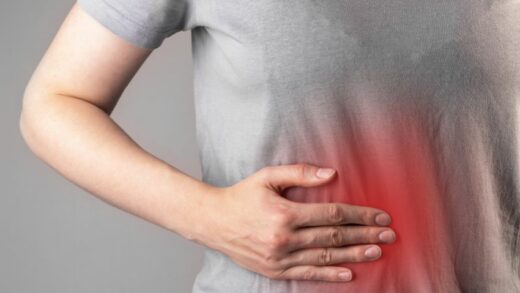Smoking is a dangerous habit that can lead to a wide range of health problems. Most people are aware of the negative impact smoking has on the lungs and heart, but what about the effects of smoking on your teeth? Tobacco use can cause serious damage to your teeth and gums, leading to oral health problems that can be difficult to treat. In this article, we will explore the ways in which smoking affects your teeth and what you can do to protect your oral health.
How Does Smoking Affect Your Teeth?
Smoking has numerous harmful effects on your oral health. Here are some of the ways in which smoking can damage your teeth and gums:
- Stains your teeth: Smoking can cause your teeth to become discolored, turning them yellow or brown over time. This is due to the nicotine and tar found in cigarettes, which can stick to the enamel of your teeth and cause unsightly stains.
- Increases risk of gum disease: Smoking can also increase your risk of developing gum disease, which is a serious condition that can lead to tooth loss. Smoking weakens your immune system, making it harder for your body to fight off infection.
- Causes bad breath: Tobacco use can also lead to bad breath, which can be embarrassing and difficult to get rid of. Smoking can also cause dry mouth, which can further exacerbate bad breath.

- Delays healing: If you require dental work, such as a filling or extraction, smoking can delay the healing process. This is because smoking reduces blood flow to your gums, which can slow down the healing process and increase your risk of infection.
- Increases risk of oral cancer: Smoking is a major risk factor for oral cancer, a serious and potentially deadly disease. Regular dental check-ups are essential to catch any signs of oral cancer early.
How to Protect Your Teeth from Smoking
The best way to protect your teeth from the harmful effects of smoking is to quit smoking altogether. Here are some other tips to help keep your teeth healthy:
- Brush and floss regularly: Brush your teeth twice a day and floss at least once a day to remove plaque and bacteria that can cause tooth decay and gum disease.
- Use mouthwash: Mouthwash can help kill bacteria and freshen your breath.
- Visit your dentist regularly: Regular dental check-ups are essential for maintaining good oral health. Your dentist can catch any problems early and provide treatment to prevent further damage.
- Quit smoking: Quitting smoking is the best thing you can do for your oral and overall health. Your dentist can provide resources and support to help you quit smoking for good.

FAQs
Can smoking cause tooth loss?
Yes, smoking increases your risk of gum disease, which is a leading cause of tooth loss.
Will quitting smoking reverse the damage to my teeth?
While quitting smoking will not reverse any damage that has already been done, it can prevent further damage and improve your overall oral health.
Can smoking cause oral cancer?
Yes, smoking is a major risk factor for oral cancer.
How long does it take for smoking to affect my teeth?
The effects of smoking on your teeth can start to appear within a few weeks or months of regular smoking.
Can vaping cause the same damage to my teeth as smoking?

While vaping is less harmful than smoking, it can still cause damage to your teeth and gums.
Conclusion
Smoking has numerous negative effects on your oral health, including staining your teeth, increasing your risk of gum disease and causing bad breath. It can also delay healing and increase your risk of oral cancer. If you smoke, quitting is the best thing you can do to protect your teeth and gums. In addition to quitting smoking, it is essential to practice good oral hygiene, visit your dentist regularly, and use mouthwash to freshen your breath. If you are struggling to quit smoking, speak with your dentist or healthcare provider. They can provide resources and support to help you quit for good. Remember, your oral health is an important part of your overall health, and taking steps to protect your teeth and gums can improve your quality of life for years to come.






















